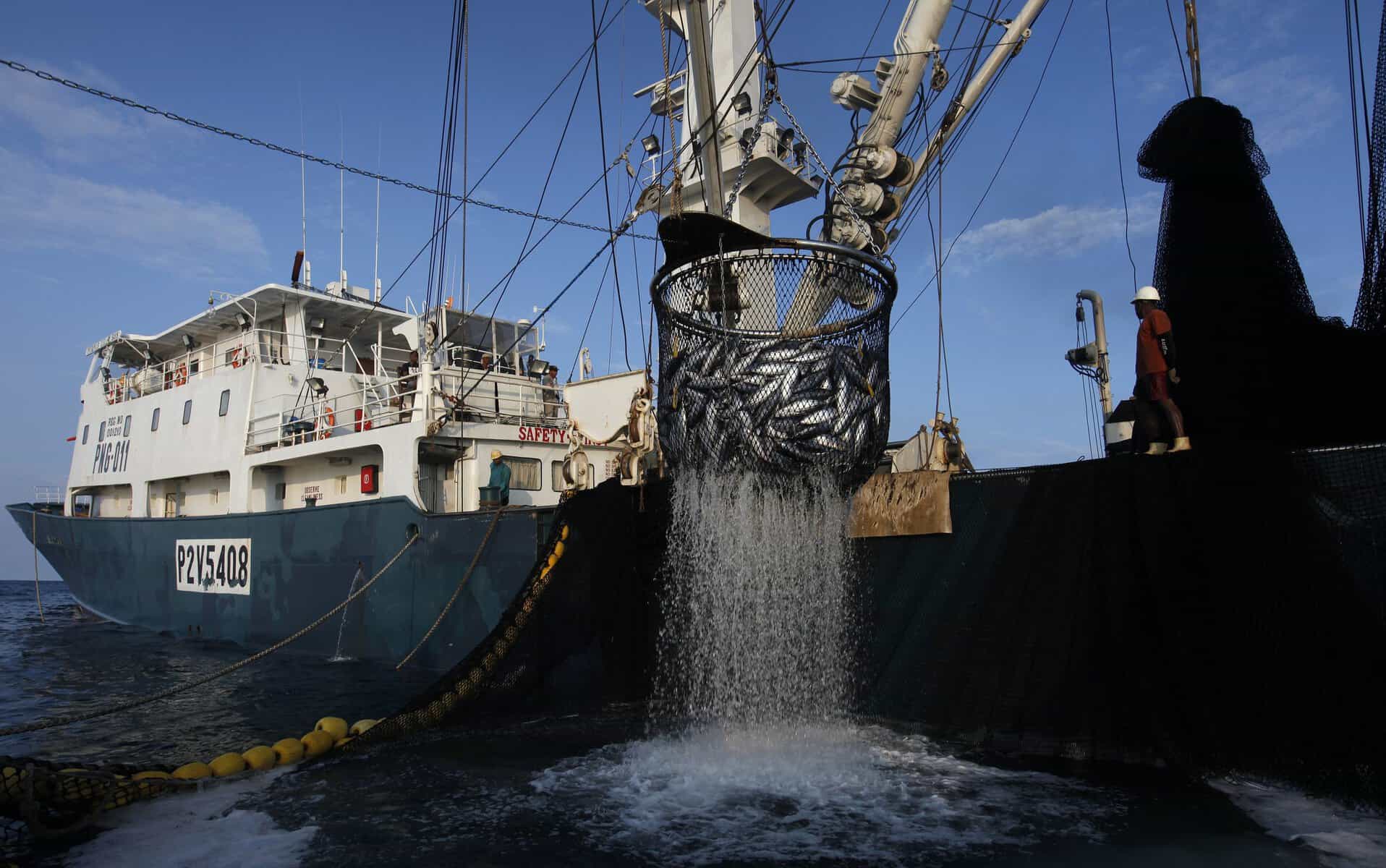For Pacific Island nations, marine conservation and sustainable fisheries management are crucial because the health of ocean resources deeply influences their economies and livelihoods.
In recent times, contrasting developments such as the collapse of fisheries subsidies talks and the signing of the Biodiversity Beyond National Jurisdiction (BBNJ) Agreement carry major implications for the Pacific.
The breakdown of negotiations over fisheries subsidies at the 13th Ministerial Conference of the World Trade Organization (MC13) this year has cast a shadow over the Pacific fisheries industry.
Please Subscribe to view full content...
